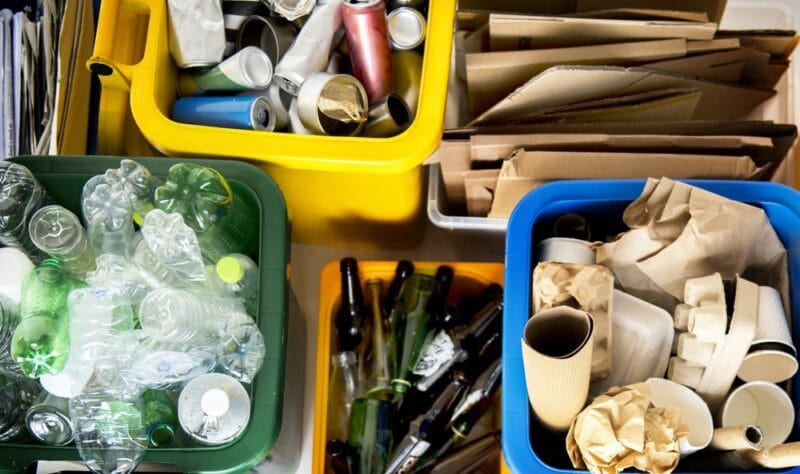The Board of Directors of the World Bank has just approved the Household and Similar Waste Management Support Program (GDMA) in Morocco, amounting to 250 million dollars.
This program aims to help strengthen the financial and environmental performance of the sector by supporting investments and priority reforms, the international financial institution stated in a press release published Tuesday in Washington.
Noting that Moroccan cities host more than 60% of the population and are the main drivers of the country’s growth, the World Bank emphasized that the new development model of the Kingdom focuses on improving the quality of life and the attractiveness of urban areas.
In this context, the management of household and similar waste has been one of the main priorities of the government, with notable improvements over the past two decades, the same source reported, specifying that with the support of the World Bank, the national household and similar waste management program (PNDM) “has significantly improved the cleanliness of cities, with the urban waste collection rate increasing from 40% in 2008 to 96% in 2022.”
The Bretton Woods institution recalled that Morocco established the National Household Waste Valorization Program (PNVDM) in 2023, which emphasizes more environmentally sustainable practices, particularly through reducing landfill use and improving waste recovery rates.
In this regard, it specified that the new program supported by the World Bank will directly contribute to achieving the objectives of the PNVDM by helping to improve the financial and environmental performance of the sector while strengthening governance, policies, and management.
It will notably contribute, according to the statement, to improving the management of several controlled landfills and expanding waste recovery efforts, using financially viable economic models, closing and rehabilitating a number of uncontrolled abandoned landfills, identifying additional revenue sources for the sector, and supporting the monitoring and reporting of greenhouse gas emissions from the sector, in line with Morocco’s commitments under the Paris Agreement.
“This new program is part of our long-standing commitment to the GDMA sector and complements the government’s efforts to improve the delivery of local services and the quality of life for citizens while supporting Morocco’s efforts” in climate change adaptation and mitigation, said Moustapha Ndiaye, World Bank Director for the Maghreb and Malta, quoted in the statement.
He also indicated that “our current partnership framework emphasizes the need to improve key infrastructure services in urban areas.”
The new program is supported by technical assistance and funding from the Global Facility for Disaster Reduction and Recovery (GFDRR) and the Public-Private Infrastructure Advisory Facility (PPIAF), the same source concluded.


